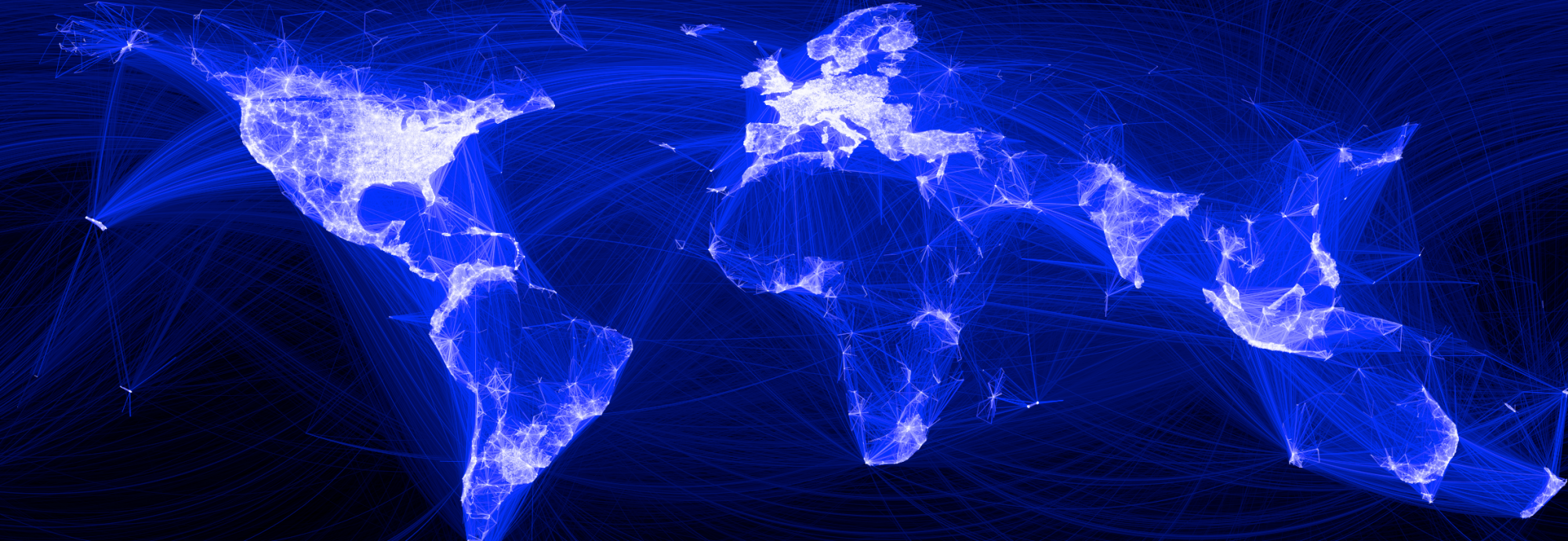While social media has certainly changed many people’s political consciousness, and their means of gaining political information, this does not necessarily mean that information gained through social media will be accurate, or even better than traditional means. This post is written in response to a post by a classmate, “social media leads to smarter voters”.
In the post, the author argues that since Twitter and Facebook users follow celebrities and their friends and get political news from them, these social media users are better informed than they would be otherwise. The author also argues that though the level of information received through this source is imperfect, it is better than nothing and that this is an improvement for voting and democracy. Finally, the post points out that social media facilitates a greater connection to politicians, since they join social media sites, connect with voters, and provide platform information on these sites.
However, I think there still remain some very big questions about the way that social media, and digital media more broadly affect voter knowledge and by extension, voting behaviour. First of all, the possibility that social media displaces rather than augments traditional sources of information is concerning. It’s possible that since social media makes voters feel informed, it prevents them from seeking out additional information when it comes time to inform themselves about their vote. Furthermore, informing yourself through digital media and social media subjects you to systemic biases that don’t exist within traditional media sources.
One Internet activist, Eli Pariser, argues that certain forms of digital media, such as Facebook’s personalized newsfeed or in some cases Google searches, subject users to a “filter bubble”. Over time, as information become more personalized to the user’s previous habits, they will be mostly subjected to information that is consistent with their existing opinions and understandings. Confirmation bias, though it also applies in traditional media, becomes more powerful when the user is able to filter out information that is inconsistent with their beliefs by unfollowing someone on Twitter, or blocking someone from their Facebook Newsfeed. These biases mean that a user subject to them would become more set in their ways, and less likely to respond intelligently to policy debates. To the extent that social media makes users feel comfortable in their level of knowledge, and in so doing displaces traditional media, it perpetuates biases that make people less informed and more set in their ways.
This is not to say that social media has no positive impacts on voters’ political awareness. Following politicians on social media certainly is a more personal means of connection than reading their comments in a newspaper, and there might be some people who never would have read news outside of what comes across their Twitter feed who are now informed. We should just make sure that we remain aware of some of the problems that come with relying on social media as our only source of political news, discussion and debate.
